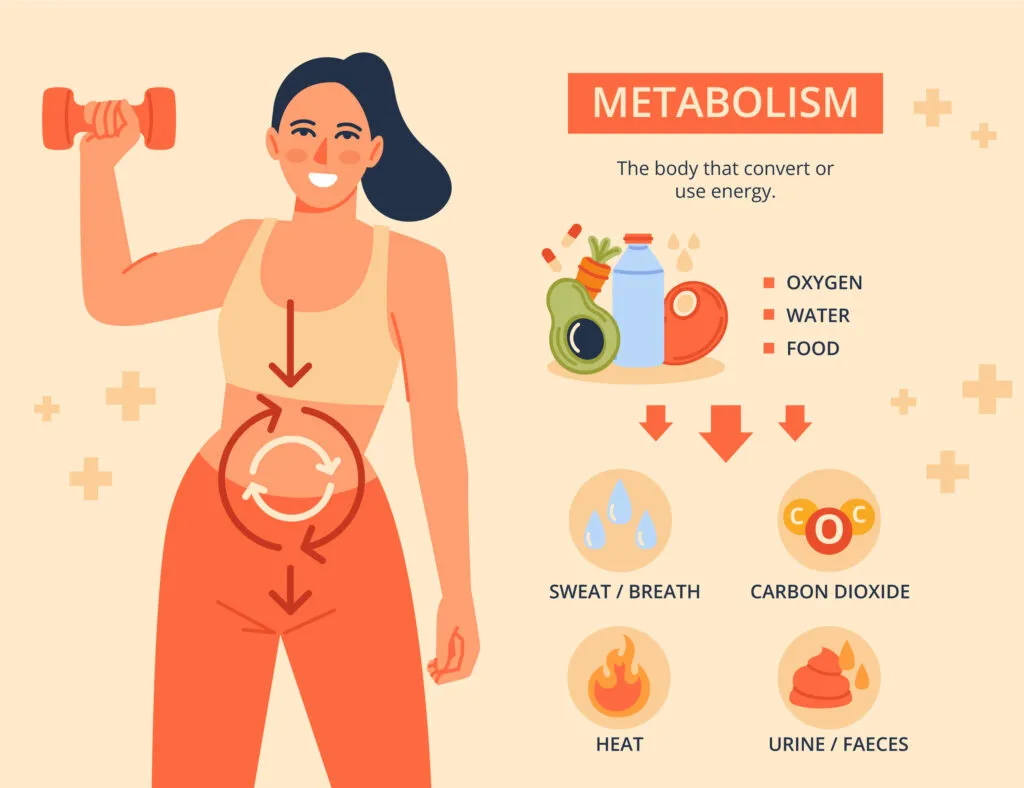The Power Of Food as Medicine: A Guide to Nourishing Your Body and Mind
Introduction: Food as Medicine
In a world where processed foods dominate the market and chronic illnesses are on the rise, the concept of “food as medicine” has never been more relevant. What we eat directly impacts our health and well-being, influencing everything from our energy levels to our susceptibility to disease. In this guide, we’ll explore the profound impact that food can have on our bodies and minds and how we can harness its healing power to promote optimal health.
Understanding the Connection Between Food and Health:
Food is not just fuel; it’s information for our bodies, affecting gene expression, hormone balance, and cellular function. Consuming a nutrient-rich diet provides the essential vitamins, minerals, antioxidants, and phytonutrients needed for optimal health and disease prevention.
The Role of Nutrition in Preventing Disease:
Research has shown that many chronic diseases, such as heart disease, diabetes, and cancer, are closely linked to diet and lifestyle factors. By prioritizing whole, plant-based foods and minimizing processed foods, we can reduce inflammation, support immune function, and lower our risk of developing chronic illnesses.
Key Nutrients for Health and Healing:
Certain nutrients play a crucial role in promoting health and healing within the body. These include omega-3 fatty acids for brain health, fiber for digestive health, antioxidants for immune support, and probiotics for gut health. Incorporating a variety of nutrient-dense foods into your diet ensures you receive a wide range of essential nutrients.
The Healing Power of Plants:
Plant-based foods, such as fruits, vegetables, whole grains, nuts, seeds, and legumes, are rich in vitamins, minerals, fiber, and antioxidants. Studies have shown that a plant-based diet can lower blood pressure, improve cholesterol levels, support weight management, and reduce the risk of chronic diseases.
Mindful Eating for Mental Health:
The connection between food and mental health is profound, with research suggesting that certain nutrients can impact mood, cognition, and overall mental well-being. Incorporating foods rich in omega-3 fatty acids, magnesium, B vitamins, and antioxidants can support brain health and emotional balance.
Using Food as Medicine in Practice:
Embracing a “food as medicine” approach involves making conscious choices about what you eat and prioritizing whole, nutrient-dense foods. Focus on filling your plate with colorful fruits and vegetables, incorporating healthy fats and lean proteins, and minimizing processed foods, sugar, and unhealthy fats.
The Importance of Balance and Moderation:
While prioritizing nutrient-rich foods is essential for optimal health, it’s also important to practice balance and moderation. Enjoying occasional treats or indulging in your favorite foods can be part of a healthy lifestyle, as long as it’s done in moderation and balanced with nutrient-dense choices.
Seeking Professional Guidance:
If you have specific health concerns or dietary needs, consider consulting with a registered dietitian or nutritionist who can provide personalized guidance and support. They can help you create a customized meal plan, address nutrient deficiencies, and navigate any dietary restrictions or food sensitivities.
The Power of Lifestyle Factors:
In addition to nutrition, other lifestyle factors such as regular exercise, adequate sleep, stress management, and social connection play a significant role in overall health and well-being. By adopting a holistic approach that addresses all aspects of lifestyle, you can optimize your health and vitality.
Embracing a Lifelong Journey of Wellness:
Ultimately, embracing food as medicine is about adopting a lifelong commitment to nourishing your body and mind with wholesome, nutrient-dense foods. By making conscious choices about what you eat and prioritizing your health, you can experience the transformative power of food and cultivate a vibrant, thriving life.
Conclusion:
Food has the remarkable ability to heal, nourish, and support our bodies and minds in profound ways. By embracing a “food as medicine” approach and prioritizing whole, nutrient-dense foods, we can optimize our health, prevent disease, and cultivate a vibrant, thriving life. Remember, every bite we take is an opportunity to nourish ourselves from the inside out and harness the healing power of food for lifelong wellness.
FAQs:
What exactly does “food as medicine” mean?
Food as medicine” is the concept that the foods we eat have a direct impact on our health and well-being. It emphasizes the importance of consuming nutrient-dense, whole foods to promote optimal health, prevent disease, and support healing within the body.
Can food really prevent or treat diseases?
Yes, research has shown that a balanced and nutritious diet can play a significant role in preventing and even treating certain diseases. By incorporating a variety of fruits, vegetables, whole grains, lean proteins, and healthy fats into your diet, you can support your body’s natural healing processes and reduce the risk of chronic illnesses.
Are there specific foods that are considered “medicinal” or particularly beneficial for health?
While all whole foods contain valuable nutrients, certain foods are known for their exceptional health-promoting properties. Examples include leafy greens, berries, nuts, seeds, fatty fish, legumes, and spices like turmeric and ginger. These foods are rich in vitamins, minerals, antioxidants, and other compounds that support optimal health.
How can I incorporate the “food as medicine” approach into my diet?
Incorporating the “food as medicine” approach into your diet involves prioritizing whole, nutrient-dense foods while minimizing processed foods, sugar, and unhealthy fats. Focus on filling your plate with a variety of colorful fruits and vegetables, lean proteins, whole grains, and healthy fats. Experiment with different recipes and cooking methods to make healthy eating enjoyable and sustainable.
Is it necessary to completely eliminate certain foods from my diet to embrace the “food as medicine” approach?
While it’s important to prioritize nutrient-dense foods, it’s also essential to practice balance and moderation. You don’t need to completely eliminate any specific food groups unless you have a medical condition or dietary restriction. Instead, focus on creating a balanced and varied diet that includes a wide range of foods to ensure you receive all the essential nutrients your body needs for optimal health.
Must read:
What Causes Numbness in Hands While Sleeping?
Secrets of DMT Meditation: What Is DMT Meditation and How Does It Work?
Benefits of Cirkul Water Bottle for On-the-Go Hydration | 2023
Why Does Conjunctivitis Eye Infection Happen? | Pink Eye | 2023
Exploring the Exciting World of AI Technology | 2023
Top 8 Japanese Dog Breeds: A Closer Look at the Most Beloved and Iconic Breeds from Japan
Reason Behind Pollution in Delhi in Winter Season: Causes and Solutions
A Festival of Lights and Togetherness in India
Why is Quantum Computing Useful For Optimization Problems? | Reshaping Industries | 2023
Do You Know? – How to apply for overseas education loan in India
New Heights: The Race for America’s Tallest Building | 2024






